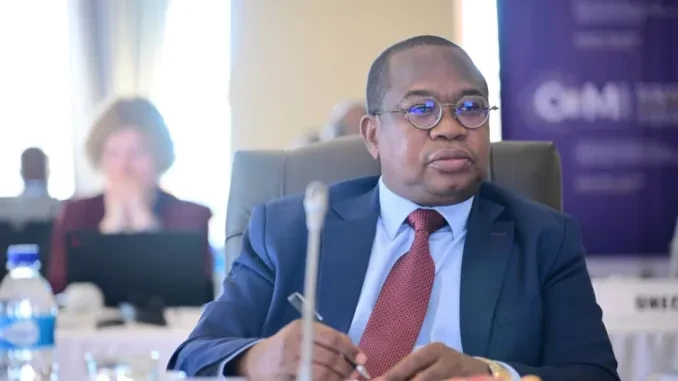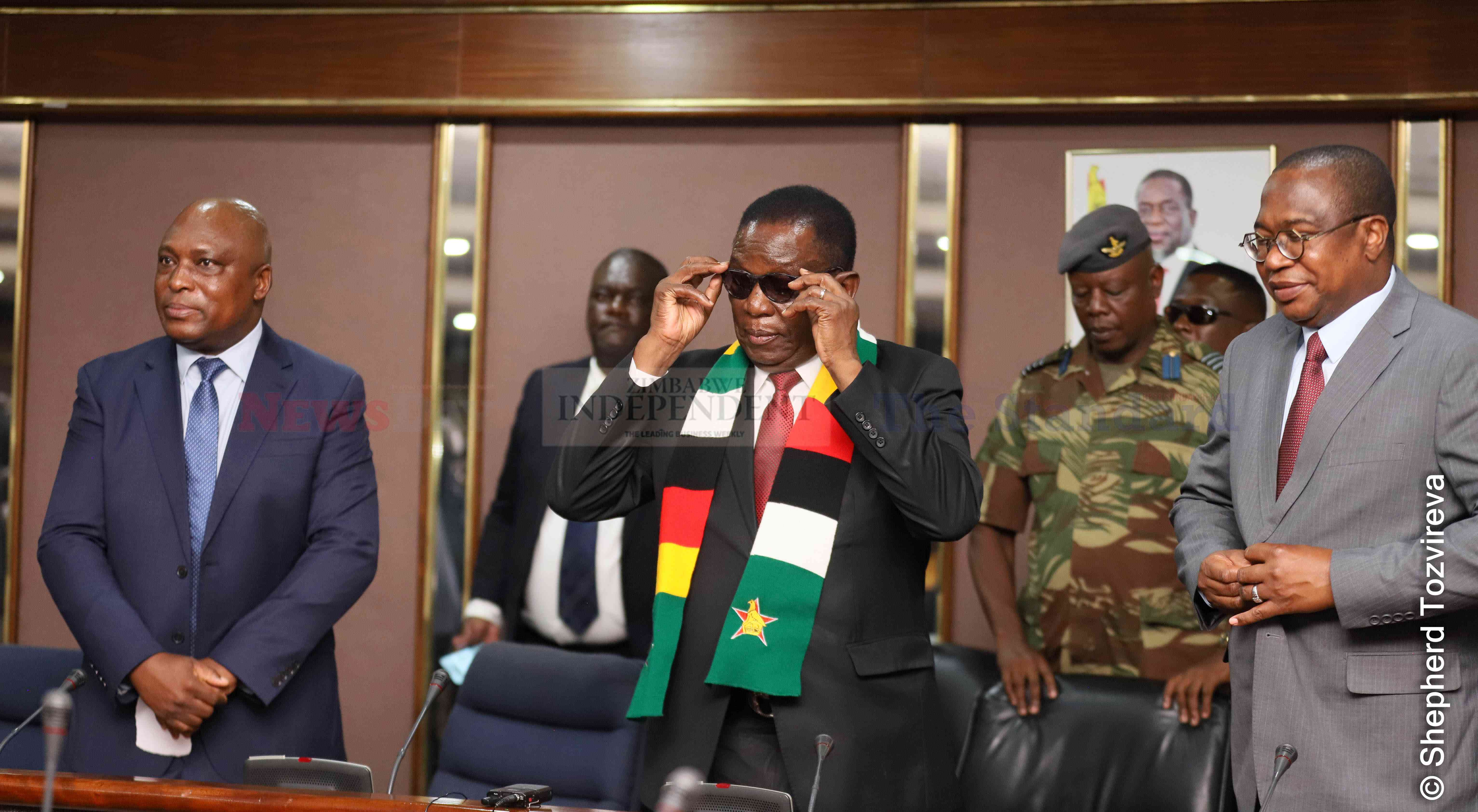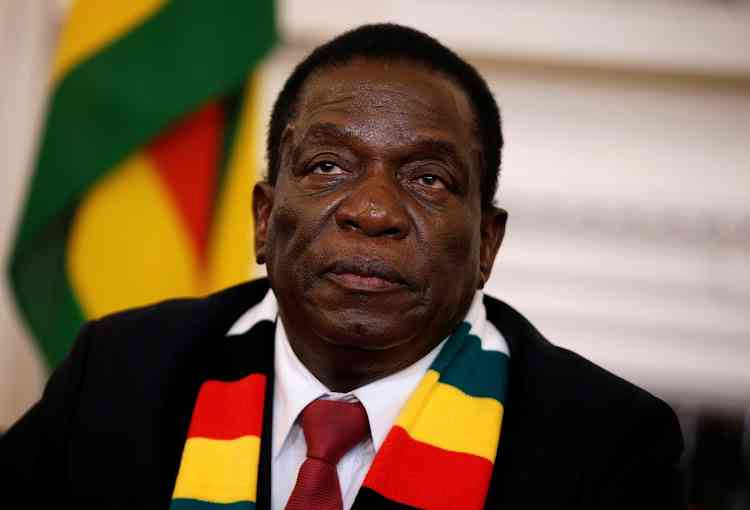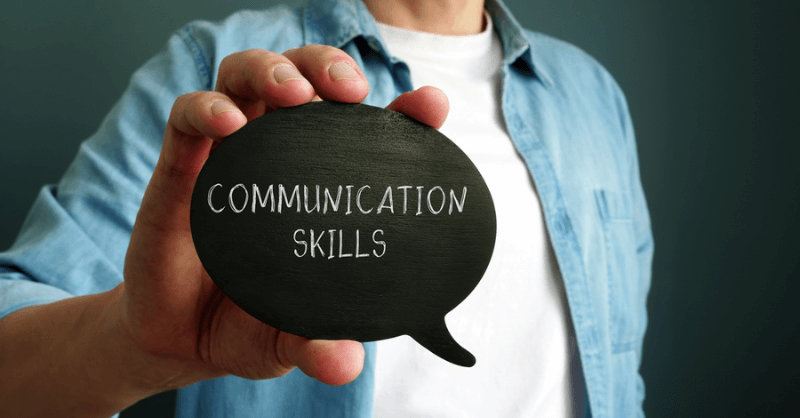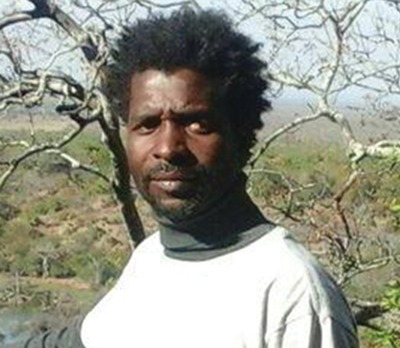
Stir The Pot :Paidamoyo Muzulu
LAST week Zimbabwe was in a sort of frenzy politically. Political activists and the embattled President Emmerson Mnangagwa government were all concerned about the South African President Cyril Ramaphosa’s special envoys that were coming to hear and find more on the country’s problems.
Political activists and opposition attributed Ramaphosa’s dispatching of envoys to Zimbabwe on “alleged” success of an online campaign #ZimbabweanLivesMatter. The campaign had received endorsements from South African opposition parties, artistes, sportspersons and activists. Western embassies too endorsed the hashtag.
Mnangagwa’s government has been struggling to deliver on social services as well as correcting former President Robert Mugabe’s economic mess. The new dispensation has spectacularly failed after all the goodwill it received despite assuming power via a military coup in November 2017.
The Mnangagwa administration has gone on overdrive to consolidate power, crush dissent and upped the levels of public sector corruption. These issues are a recipe for disaster and the opposition and activists always smell an opportunity to push for change.
Ramaphosa’s intervention, like former South Africa President Thabo Mbeki in 2007, is meant to avert a contagious political disaster in the region. Zimbabwe has a central place in Sadc, both economically and politically. Any serious political or economic implosion portends danger to the region.
In other words, Zimbabwe is walking back in time. It is becoming the proverbial incarnation of the adage — history has a tendency of repeating itself. Zimbabwe is back to where it was in 2007 — a flailing economy, closed democratic space and more importantly an administration clueless on how to walk out of the morass.
Mbeki then proposed a series of talks that culminated into a Global Political Agreement and subsequent government of national unity. The Zanu PF and MDC formations coalition then had to implement a cocktail of reforms — both economic and political — but nothing really came out of it by 2013 when the country held fresh polls.
- Chamisa under fire over US$120K donation
- Mavhunga puts DeMbare into Chibuku quarterfinals
- Pension funds bet on Cabora Bassa oilfields
- Councils defy govt fire tender directive
Keep Reading
The only fruit of the coalition government was a new Constitution. However, the document has been heavily decimated in the past seven years. The country is back to imperial presidency that Mugabe introduced in 1987 — a presidency that is not answerable to anyone, a presidency that influences everything, but remains unaccountable.
The reform agenda failed primarily because of elite cohesion and the general populace belief that politicians know best. It failed because we worship personalities — we never ask them to account. And this time around, the reform agenda will fail again because it remains as opaque as it was in 2007.
What is the shape and form of reforms that Zimbabwe need? This question has not been answered comprehensively. Whenever an attempt is done, it is buried in euphemisms. No one breaks it down in simple terms and have a conversation with the citizens about the nuts and bolts of the reforms.
Economically, discussing the reforms is couched in intellectual speak. The people are bombarded with terms like free-market economics, liberalisation, deregulation and privatisation.
These are in simple terms euphemisms for neoliberal or post-Washington consensus economics — economics that says capital knows best; economics that says the rich should determine the fate of the majority poor; economics that say every service should be directly paid for by the receiver or you forgo the service.
Politically, the reforms are about independent institutions. Institutions that provide security, justice, run elections and protect and promote the constitutional rights. Sadly, these reforms are there. The 2013 Constitution created these, but they are unfortunately presided by people who are imbedded in partisan politics.
In the 2007 to 2008 GPA negotiations and the subsequent 2013 Constitution, Zimbabwe lost an opportunity — it chose an exclusive, instead of an inclusive, electoral system.
If Zimbabwe had a full proportional representation electoral system, the Zanu PF impunity would have ended in 2000. The country could have lived with coalition administrations since then and a Parliament that checks power on the Executive.
Thomas Piketty, in his seminal book Capital and Ideology, makes an interesting observation on inequality and poverty. He wrote: “Inequality is neither economic nor technological; it is ideological and political. This is no doubt the most striking conclusion to emerge from the historical approach I take in this book. In other words, the market and competition, profits and wages, capital and debt, skilled and unskilled workers, natives and aliens, tax havens and competitiveness — none of these things exist as such.
“All are social and historical constructs, which depend entirely on the legal, fiscal, educational, and political systems that people choose to adopt and the conceptual definitions they choose to work with. These choices are shaped by each society’s conception of social justice and economic fairness and by the relative political and ideological power of contending groups and discourses. Importantly, this relative power is not exclusively material; it is also intellectual and ideological. In other words, ideas and ideologies count in history. They enable us to imagine new worlds and different types of society. Many paths are possible.”
As Zimbabwe starts another series of talks, it is important to remember that power is not exclusively material; it is also intellectual and ideological. We need intellectual and ideological context from both sides or we end up with more of the same.

